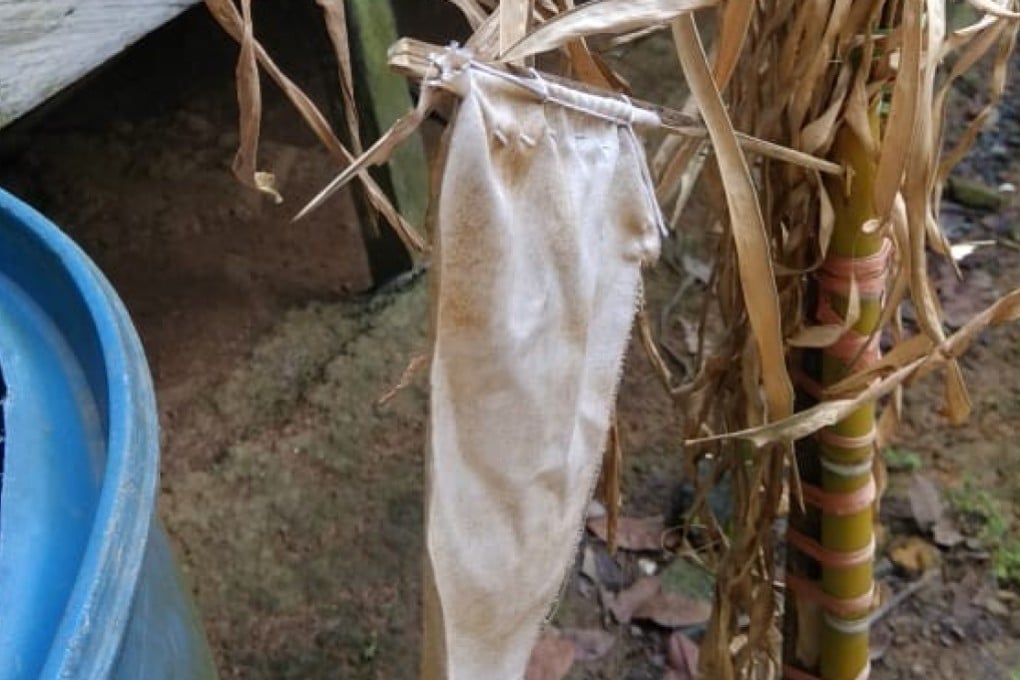Advertisement
Indonesia’s indigenous shamans confront Covid-19 with rituals, traditional medicines
- Smoke, statues and a hungry sea creature that cannot be killed all feature in the antivirus rituals of the indigenous peoples of East Kalimantan province
- But it doesn’t mean that they reject modern medical treatment. Rather, it’s a continuation of rituals that have been used against past disease outbreaks
Reading Time:4 minutes
Why you can trust SCMP

As the Delta variant sweeps through Indonesia, causing a record 2,069 deaths on Tuesday, regions outside the worst-hit areas of Jakarta, surrounding Java island and tourist hotspot Bali are now reporting worrying coronavirus spikes.
The province of East Kalimantan alone had reported more than 111,000 infections and over 3,000 deaths as of Wednesday, with surges reported elsewhere in Indonesian Borneo – the island the country shares with Malaysia and Brunei – as well as other regions such as Sumatra.
Fewer than 7 per cent of Indonesia’s 270 million people have had more than one Covid-19 vaccine dose, with many getting the Sinovac shot that accounts for more than fourth-fifths of the 173 million vaccine doses the country has received so far.
Advertisement
Record infections and deaths saw Indonesia become Asia’s new coronavirus epicentre this month, and amid a stuttering vaccine roll-out the country’s more than 20 million indigenous people have largely been left to their own devices – resorting to unique antivirus measures drawn from local customs.
While such shamanistic rituals may raise eyebrows among city dwellers, the United Nations, in marking the International Day of the World’s Indigenous Peoples last August, noted that indigenous communities could “contribute to solutions to the Covid-19 pandemic through traditional knowledge and healing”.
Advertisement
Advertisement
Select Voice
Choose your listening speed
Get through articles 2x faster
1.25x
250 WPM
Slow
Average
Fast
1.25x